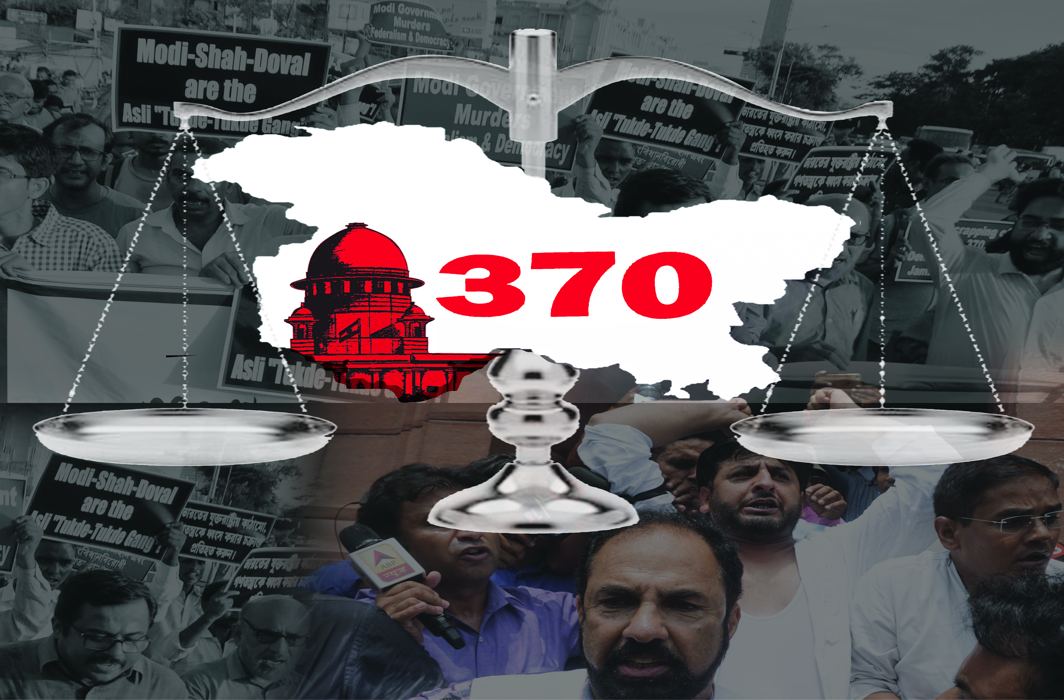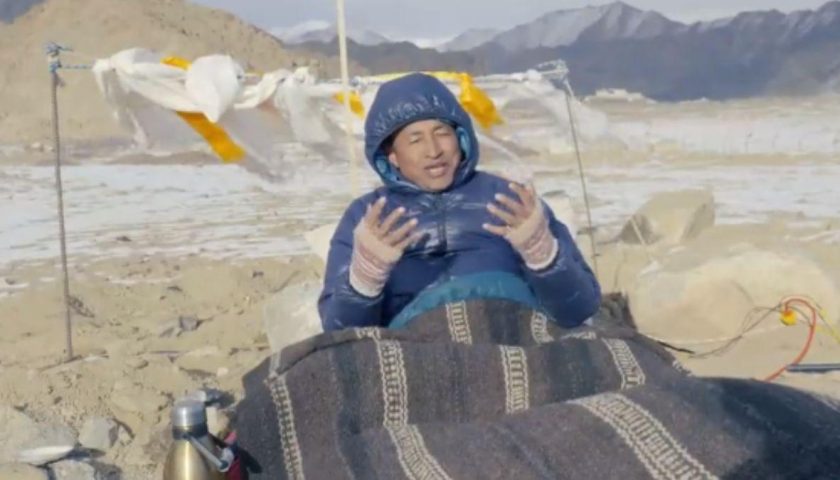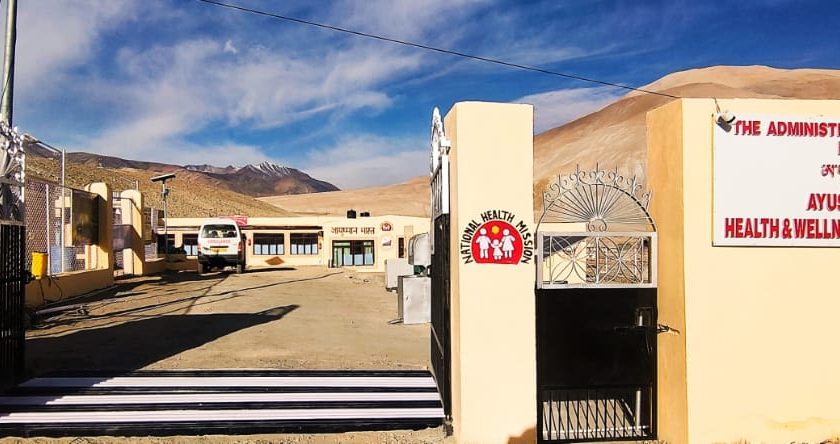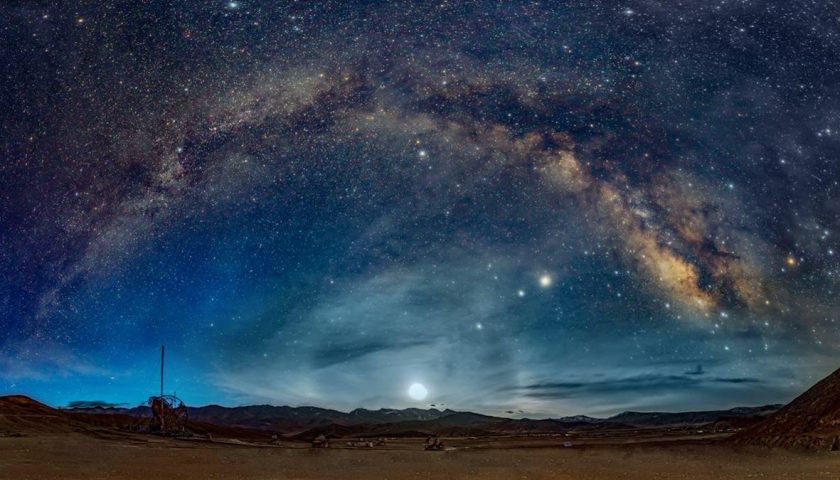The plea says that the Centre’s move to read down Article 370 imposes a ‘dictatorial regime’ wherein the entire democratic process has been annulled and the people have been left at the mercy of administrators.
Two political leaders and a journalist from Ladakh have moved the Supreme Court seeking impleadment in a petition challenging the 2019 decision of the Union government to read down Article 370 of the Constitution and bifurcate the erstwhile state of Jammu and Kashmir (J&K) into the Union Territories of Jammu and Kashmir and Ladakh.
The plea was filed by Qamar Ali Akhoon, Asgar Ali Karbalai and Sajjad Hussain.
Akhoon represented the Kargil constituency in the J&K legislative assembly before it was dissolved. Karbalai is a Congress leader from the Kargil district in Ladakh, while Hussain is the editor of the Greater Ladakh newspaper.
According to Bar and Bench, the impleadment was sought in the plea filed in 2019 by National Conference leaders and Lok Sabha MPs Mohammad Akbar Lone and Justice (retd) Hasnain Masoodi.
Lone is a former speaker of the J&K assembly and Masoodi is a retired judge of the J&K high court who ruled in 2015 that Article 370 was a permanent feature of the Constitution.
The two MPs had sought in their plea a direction to declare the Act and the presidential orders as “unconstitutional, void and inoperative”, and that the Centre’s move is “illegal and violative” of fundamental rights guaranteed under Article 14 and 21 of the Constitution to the people of Jammu and Kashmir.
The application submitted by the three Ladakh residents said that the presidential orders along with the Jammu & Kashmir Reorganization Act, 2019 has the “chilling effect” of extinguishing a “State” by overriding the constitutional scheme to establish Union Territories, which do not conform to the democratic pattern envisaged by the Constitution of India.
“The presidential orders along with the Reorganization Act have eroded the legislative and executive organs and have denied the constitutional rights of the inhabitants of the State of Jammu and Kashmir including the inhabitants of the region which is now the Union Territory of Ladakh,” the plea said.
It further stated: “It imposes a dictatorial regime wherein the entire democratic process has been annulled and the inhabitants of the region have been left at the mercy of administrators who do not possess mandate of inhabitants of the region.
Several petitions challenging the Centre’s 2019 decision on Article 370 are still pending in the court. In March 2020, the apex court refused to refer such petitions to a larger bench.






